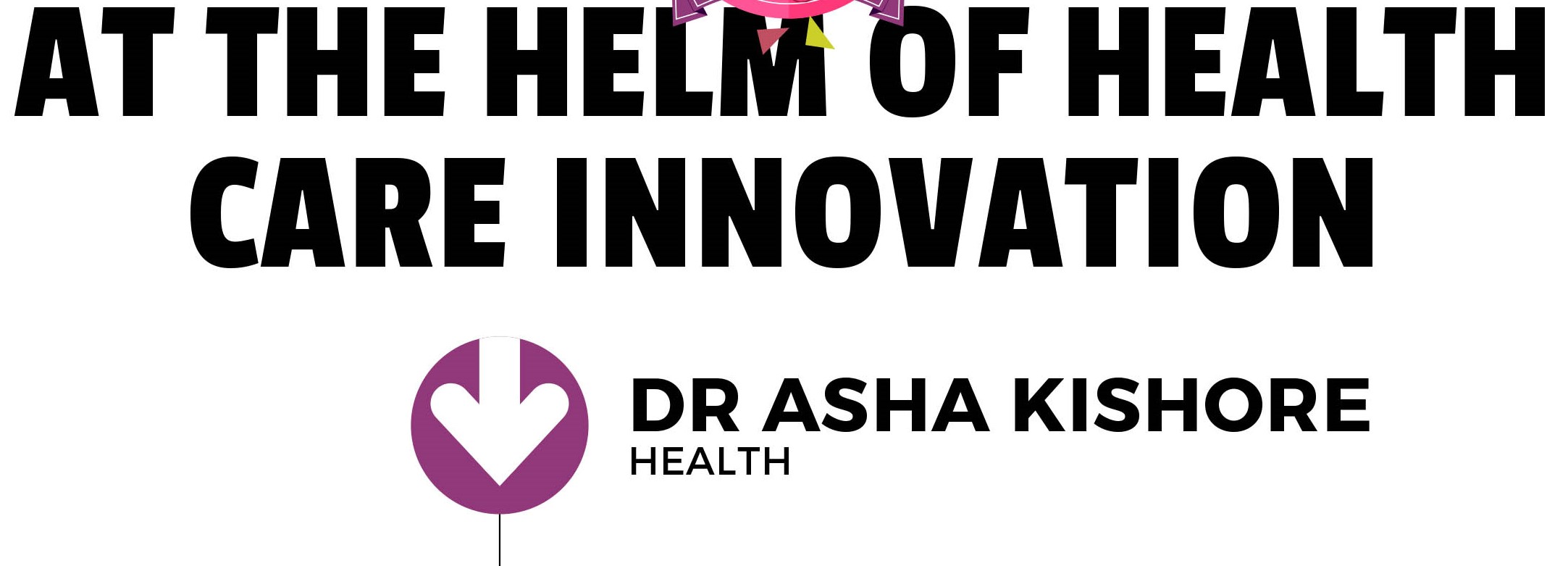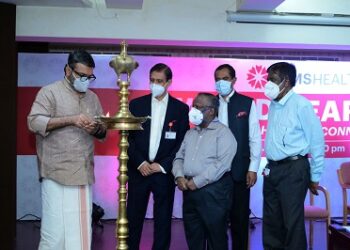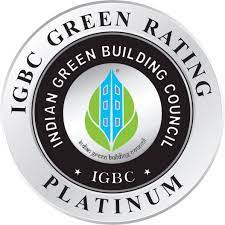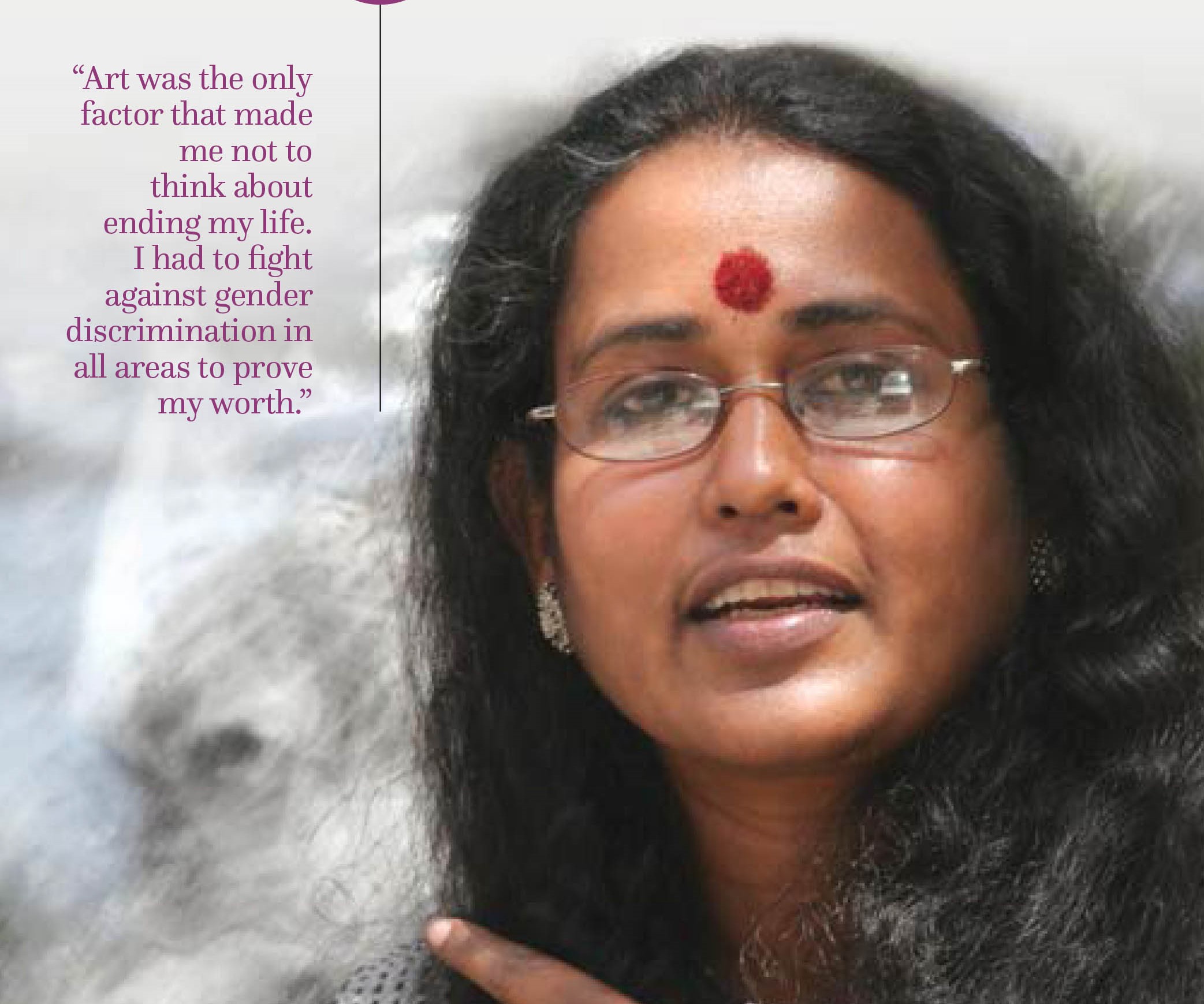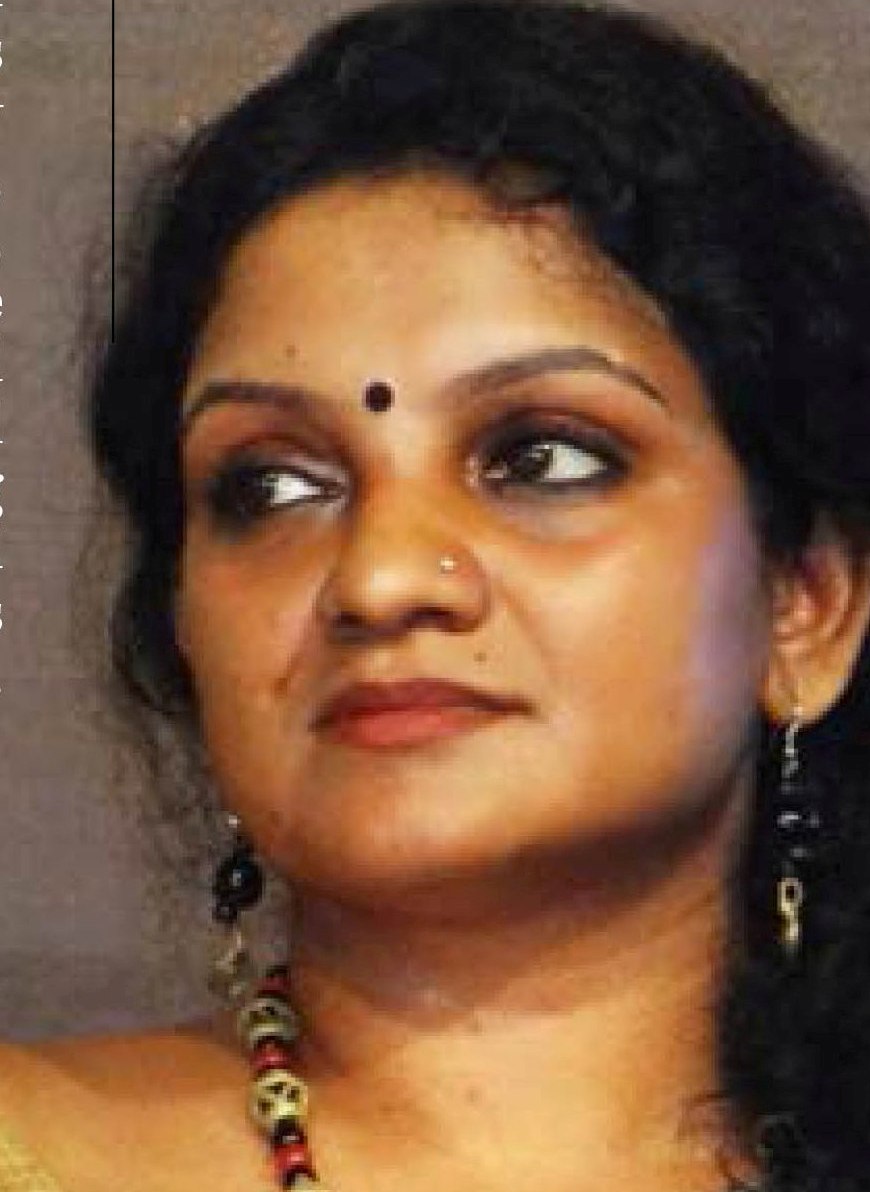Dr Asha Kishore leads the country’s premier health care institute to enviable heights of glory.
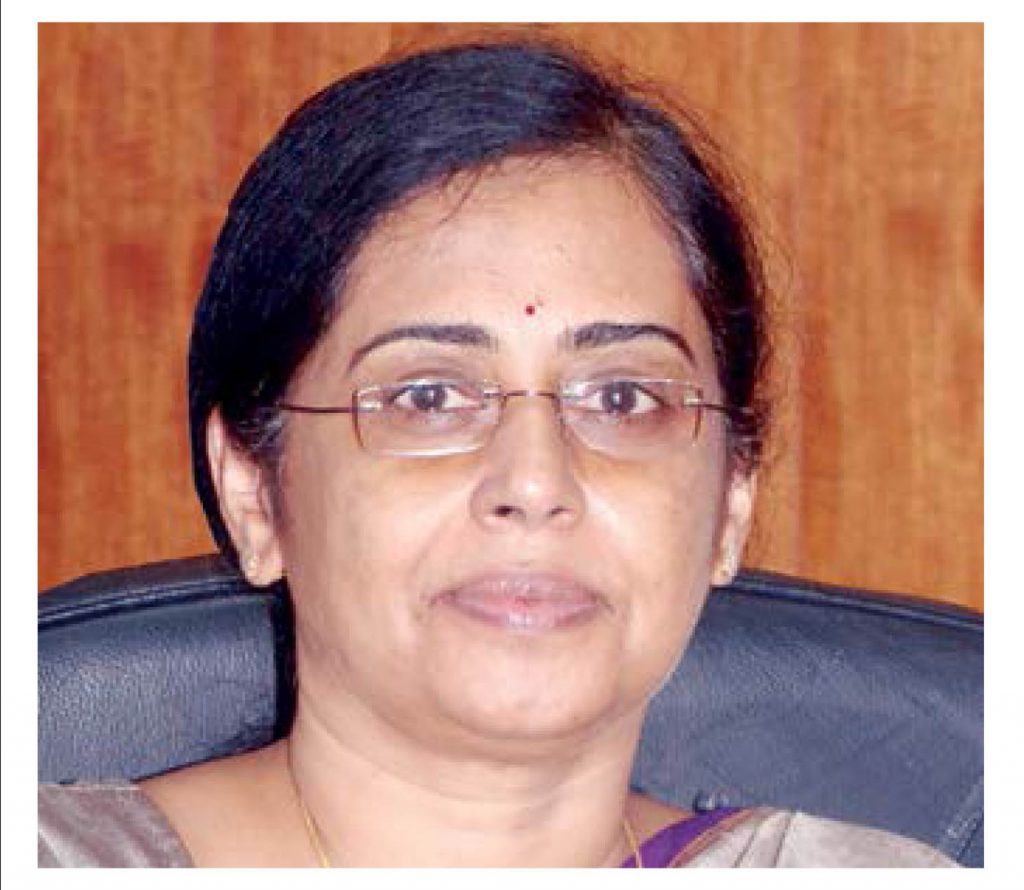

Please elaborate on your responsibilities and experience as the director of Sree Chitra Institute of Medical Sciences and Technology? The Director of Sree Chitra is the Chief Executive Officer and academic head and as such, is responsible for all the administrative matters and academic affairs of the three wings of the Institute. Sree Chitra has a super specialty tertiary care hospital for high quality advanced treatment of cardiovascular and neurological diseases, both medical, surgical and interventional therapies. There are multiple subspecialties within these super specialties and several comprehensive multidisciplinary programs to provide state-of-the-art treatments. There is a one- of- a-kind, large campus in Poojapura, for research and development of medical devices and an incubator for start ups. We were also the first to start a centre for public health science studies in the country. It is an autonomous Institute of National Importance under the Department of Science and Technology. How do you evaluate the nature of work at your institute and the satisfaction levels from it? The major part of my time is spent on administrative work and overseeing the progress of research and technology development activities of the Institute and ensuring that our resources are utilized as best as possible for providing high quality and affordable treatments and we continue to provide a very stimulating and enriching experience to the students who come from all over India to get trained here. The greatest enjoyment so far has been to see the revival of great enthusiasm among a large section of our faculty and technical staff, particularly the younger generation in R and D work which can translate to useful medical devices that will benefit society and bring down the cost of health care Besides encouraging individual excellence, team work and mission mode style of project implementation could be put in place under the DST funded program of establishing a technical research centre for medical devices in our poojapura wing and it is showing results. New medical subspecialty activities such as a comprehensive centre for neuro developmental disorders such as autism, specialty clinics for Multiple sclerosis, commissioning of new ICU for children with congenital heart disease and equipping the heart transplantation program were the major activities in the first two years. Much of this was also possible utilizing funds generated through CSR to fill the gaps in our budget. In two years, many incomplete R and D work could be completed and 13medical devices technologies were transferred to the Industry. A major project on e-Delivery system for Health Care Management and Research funded by the Ministry of Electronics and Information Technology will be ready in a month or so. We could mobilise funds for a 170 bedded super specialty block through the scheme Pradhan Mantri Swasthya Suraksha. We are also setting up a medical devices Park to promote indigenous medical devices manufacturing along with KSIDC and have been sanctioned land and funding from State Government and the remaining will be mobilized from the centre. Prof Ashutosh Sharma , Secretary, Department of Science and Technology, played a great role in strengthening the administration and providing the financial backing to help the Institute regain its momentum in R and D activities. In all these efforts the guidance provided by the Institute’s President Shri KM Chandrasekhar, former Cabinet Secretary and the encouragement given by the founder Director M S Valiathan have been inspirational. What were the challenges faced by you as a woman in your area of operation? Challenges faced by SCT when I took over, required tremendous grit, will power, hard work and team building to improve all aspects of its functioning. I was able to build teams both among the faculty and the administrative staff who were totally dedicated to the task at hand. As a woman, the challenge is that some people do tend to underestimate our capabilities, strengths and leadership skills and wrongly assume that they will buckle under pressure or threats or crises. So unnecessary time and energy have to be spent to disprove such people which could be otherwise used for creative activities. Can you recollect some of the heart touching incidents you came across in your career? The greatest emotional moments in my professional life were witnessing the restoration of independence in wheel chair bound patients with Parkinson’s disease following Deep Brain Stimulation offered through the multidisciplinary comprehensive care centre for Movement Disorders that I was able to establish in 1998. Their tears of joy and gratitude will forever be etched in my mind. Tell us something about your family and their support? My parents, the late Dr P Vijayaraghavan and Sathy Vijayaraghavan, were both academicians and Principals of colleges in Kollam. My husband, Captain S Y Kishore, works for Shipping Corporation of India and our only daughter is an engineer and lives in America with her family. My two sisters, Meena and Lekha, are also doctors.


